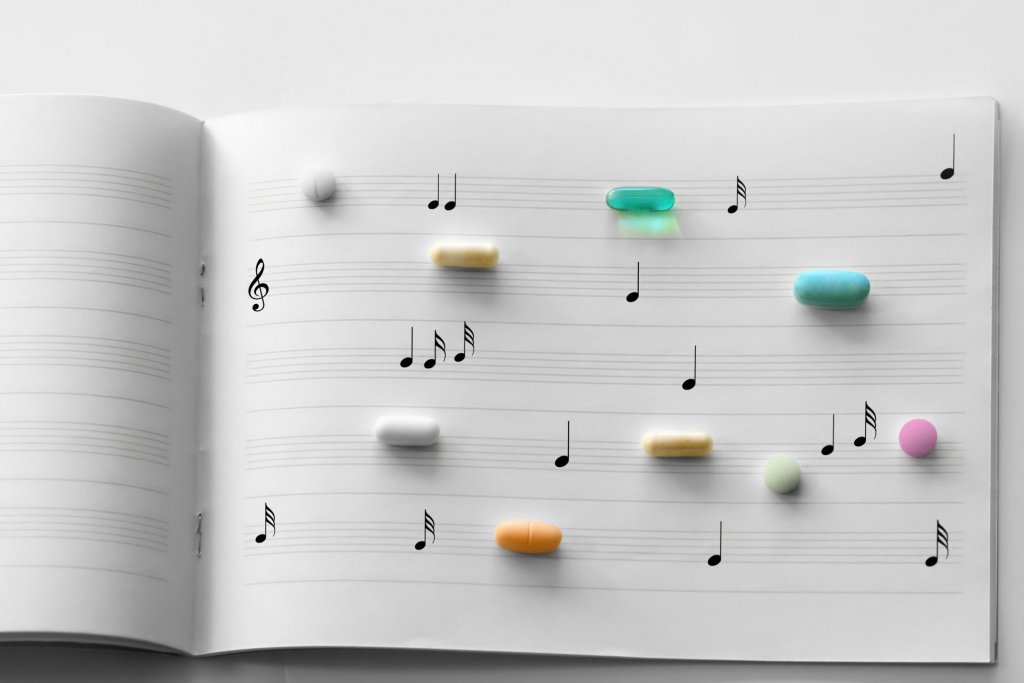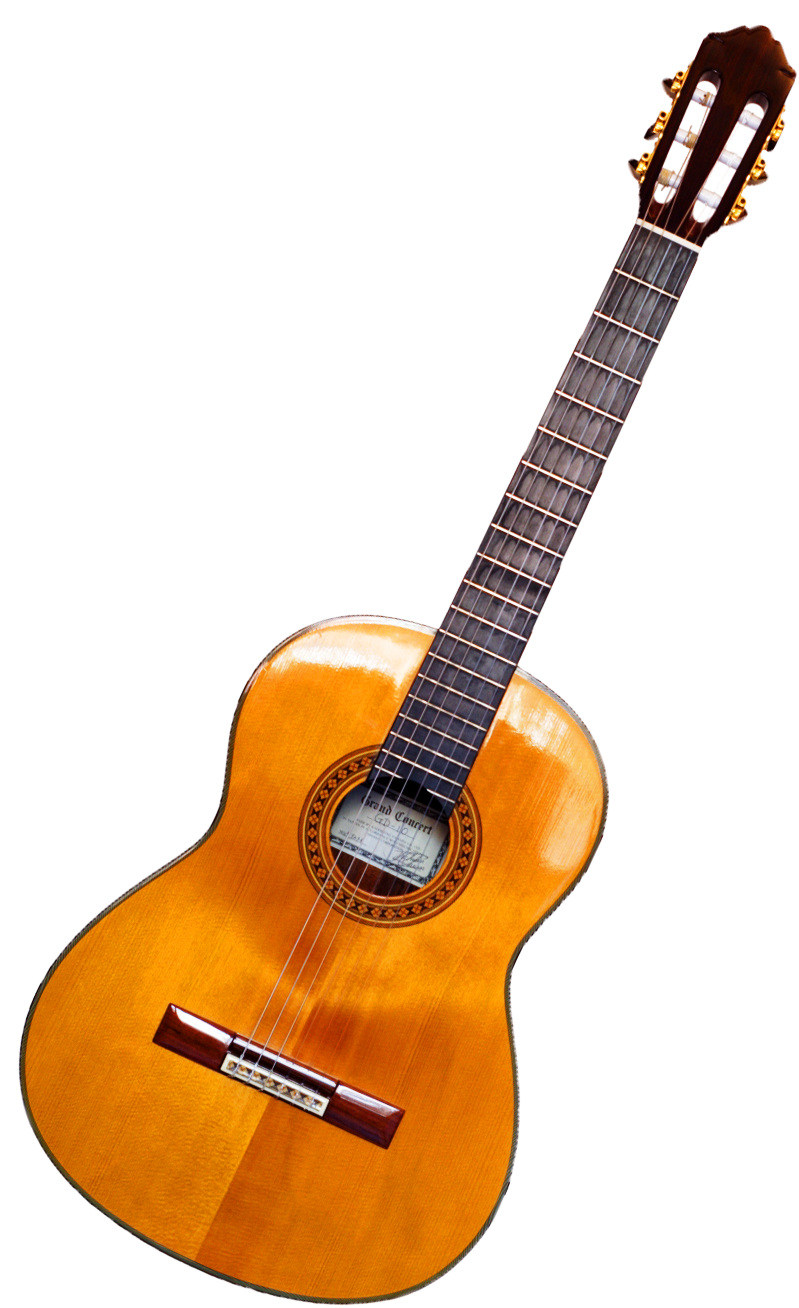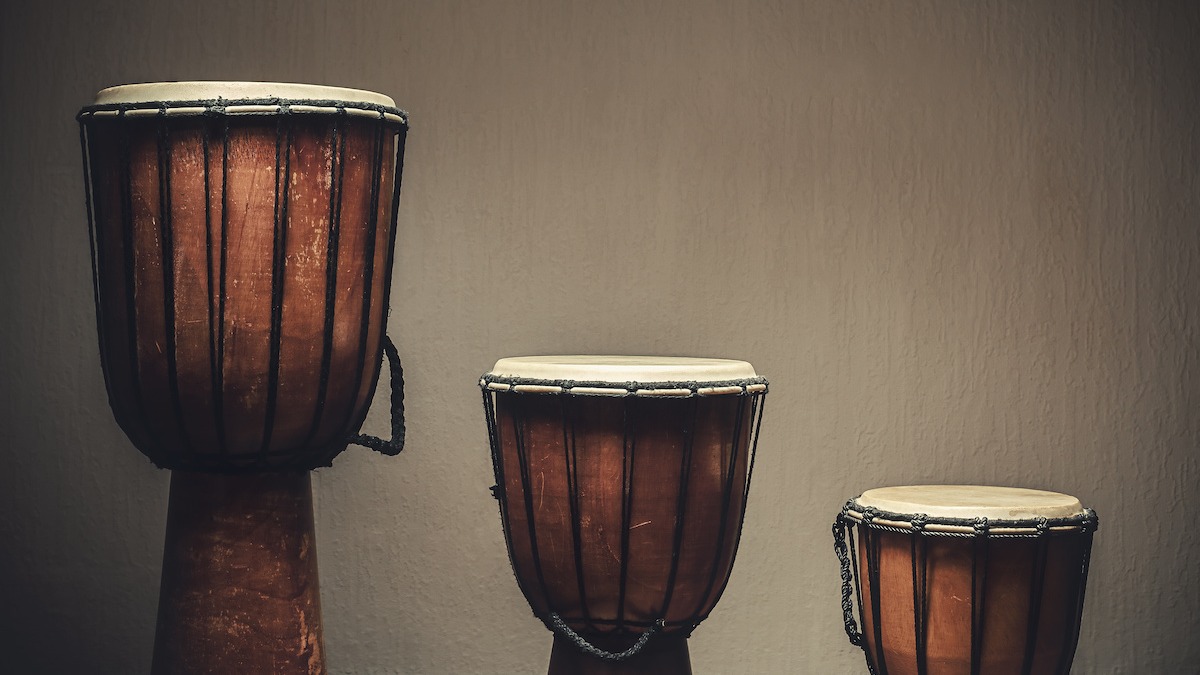
What is Music Therapy?
Music therapy is a form of therapy that utilizes clinical and evidence-based music interventions to help individuals achieve specific goals. It has been shown to help people enhance their memory, improve communication, and promote physical and mental rehabilitation. For seniors, music therapy can be particularly beneficial in dealing with age-related topics such as stress, depression, and chronic pain.
Music Therapy Techniques
During music therapy sessions, the therapist and the client engage in one or more of the following techniques: creating music, singing, listening to music, moving to the music, playing an instrument, or drumming. Each technique is carefully chosen based on the client’s needs and goals.
Instruments To Be Used In Music Therapy
Guitar

One of the most popular instruments used in music therapy is the guitar. It is versatile and can be used in various settings, from one-on-one sessions to large group sessions. The guitar can be used to maintain melodic or harmonic control while allowing the client to play, making it an excellent instrument for facilitating relaxation and self-expression.
Piano

Another popular instrument is the piano. It is particularly useful when working with large groups, as it can hold the background and provide a steady rhythm. Other instruments played by clients can drown out the sound of a guitar, making the piano a better choice in such cases.
Djembe

The djembe is a hand drum that is also commonly used in music therapy. Unlike other instruments, it does not have a central melodic component, allowing the client to express and connect with the musical rhythms without fear of playing a “wrong note.” The therapist can also play alongside the client, facilitating a deeper connection between them.
In addition to these instruments, music therapists may use other instruments such as drums, percussion instruments, wind instruments, and string instruments. The choice of instrument depends on the client’s goals and preferences.
Music-assisted relaxation techniques,
Apart from using instruments, music therapy sessions may also incorporate music-assisted relaxation techniques, such as progressive muscle relaxation and deep breathing. These techniques can help clients reduce stress and anxiety, enhance their mood, and improve their overall well-being.
Music therapy treating various conditions,

Music therapy has been shown to be particularly effective in treating various conditions, including autism, Alzheimer’s disease, dementia, depression, anxiety, and chronic pain. For seniors, music therapy can help to improve their cognitive function, enhance their memory, and promote physical and mental rehabilitation.
Research has also shown that music therapy can have positive effects on the immune system, reducing inflammation and improving the body’s ability to fight off infections. Music therapy can also help to reduce the side effects of cancer treatment, such as nausea and pain.
Apart from its therapeutic benefits, music therapy can also be a fun and enjoyable activity for seniors. It can provide a social outlet, allowing seniors to connect with others and form meaningful relationships. It can also be a creative outlet, allowing seniors to express themselves and explore their emotions in a safe and supportive environment.
In conclusion, music therapy is a valuable form of therapy that can provide numerous benefits for seniors. It can help to improve their cognitive function, enhance their memory, and promote physical and mental rehabilitation. By incorporating different techniques and instruments, music therapists can tailor their sessions to meet the specific needs and goals of their clients. Whether used as a therapeutic tool or simply as a fun activity, music therapy can provide seniors with a meaningful and enjoyable experience.
References
https://www.mooringspark.org/news/what-is-music-therapy-and-how-can-it-help-seniors
https://positivepsychology.com/music-therapy/#methods
https://my.clevelandclinic.org/health/treatments/8817-music-therapy
https://www.valleyvna.org/2016/03/how-to-use-music-as-therapy-for-older-adults/
A Pillar of Strength in Golden Years: 10 Paths on How Regular Screenings Uphold Your Health
In the evocative voyage of life, the golden years emerge as a time to relish the fruits of decades of labor, to bask in the
Unlock the Secret to Sweet Dreams: 10 Ways of Enhancing Sleep Quality as You Age
Share on facebook Facebook Share on twitter Twitter Share on linkedin LinkedIn Share on pinterest Pinterest Share on telegram Telegram Share on whatsapp WhatsApp Share
Building Bridges, Not Walls: 10 Methods of Mastering the Art of Cultivating Social Connections in the Golden Years
Share on facebook Facebook Share on twitter Twitter Share on linkedin LinkedIn Share on telegram Telegram Share on whatsapp WhatsApp Share on email Email Share
Navigating the Golden Years: 10 Ways to Achieve Emotional Wellness and Conquering Loneliness
Share on facebook Facebook Share on twitter Twitter Share on linkedin LinkedIn Share on pinterest Pinterest Share on telegram Telegram Share on whatsapp WhatsApp Share
Stay Brainy in Your Golden Years: 10 Fun Activities to Keep Your Mind Sharp and Engaged!
Hello, brain buffs! Aging might be inevitable, but letting our minds turn to mush? No way, José! Time to boot up those brain cells and
10 Effective Exercise Routines for Older Adults: Low-Impact Fitness Options
Of course, maintaining physical health is crucial at any age, but especially so as we grow older. Here are ten gentle, effective, and friendly exercise